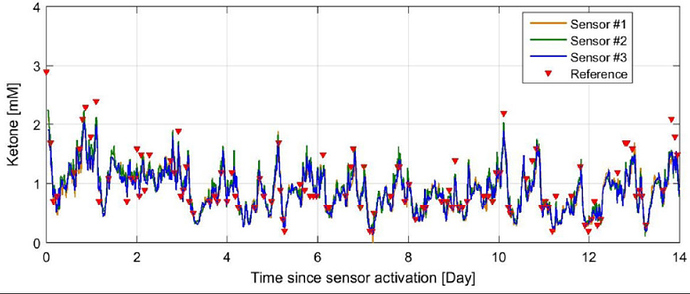Hi All, I’m hoping you can help. A friend of mine started Carnivore about 2 months ago. He seemed to adapt to it really quickly. Didn’t suffer keto flu or anything. He went from a pretty well whole foods diet, but still some bread etc and low calorie to keto carnivore (eating plenty of fat). He wanted to lose a small amount of fat while maintaining muscle (crossfitter), but his main goal was for mental health improvements.
He’s struggled with pretty severe depression, anxiety and alcoholism for many years. Within a few days he was feeling great. Within a week he was having ketones of 1-2 and his mental health was so good he was crying tears of relief and happiness. But a couple of weeks ago his ketones dropped for no apparent reason. His blood sugars have always sat around 5ish mmol/L (90mg/dl) but now they’re at 5.7 (103) for no apparent reason but pretty stable. He doesn’t seem to have any blood sugar spikes throughout the day. Ketones have been 0.4 and occasionally getting to 0.6/0.7 but not much higher. He’s eating plenty of protein, plenty of fats, no carbs aside from cream in his coffee and the very small amount in meat. I got him to test his blood sugar pre and post meal today and it went down slightly but ketones came down as well. He fasted today for 18 hours and managed to get to a ketone of 1.
If this were anyone else, I’d say just keep going (which I am saying anyway), but for him the mental health benefits are not there unless he’s getting higher levels of ketones. He just can’t work out why his body could do it initially and now not. He stopped testing for a while as I was worried the testing was causing him stress when he wasn’t seeing the numbers he wanted, but that doesn’t seem to be it either.
Really hoping someone here might have some ideas. Thanks so much.





 Tomorrow I try to do a fat fast, 90% fat, okay, the low calorie intake (1000 kcal) helps, it’s very little fat (therefore food) but I will use fatty (processed this time) meat, scratchings, a rich fatty coffee and a tiny amount of butter as I love butter. No cream as I run out. It’s possible to do with only meat, even fresh meat but I don’t have that kind now and I love variety.
Tomorrow I try to do a fat fast, 90% fat, okay, the low calorie intake (1000 kcal) helps, it’s very little fat (therefore food) but I will use fatty (processed this time) meat, scratchings, a rich fatty coffee and a tiny amount of butter as I love butter. No cream as I run out. It’s possible to do with only meat, even fresh meat but I don’t have that kind now and I love variety.